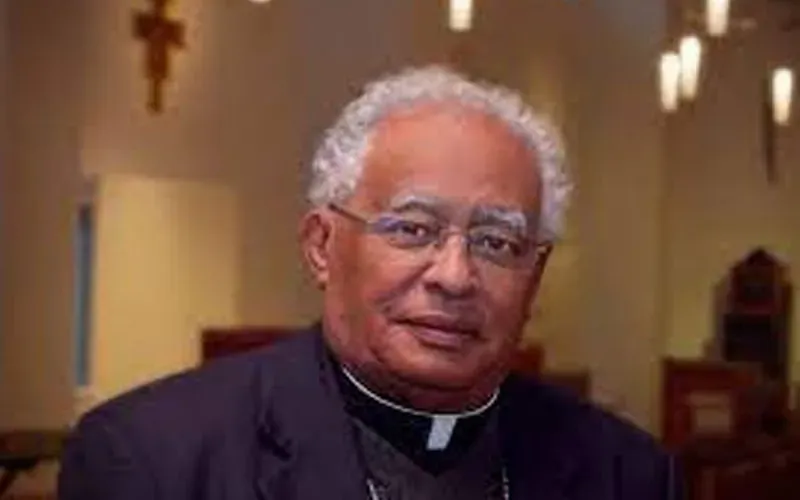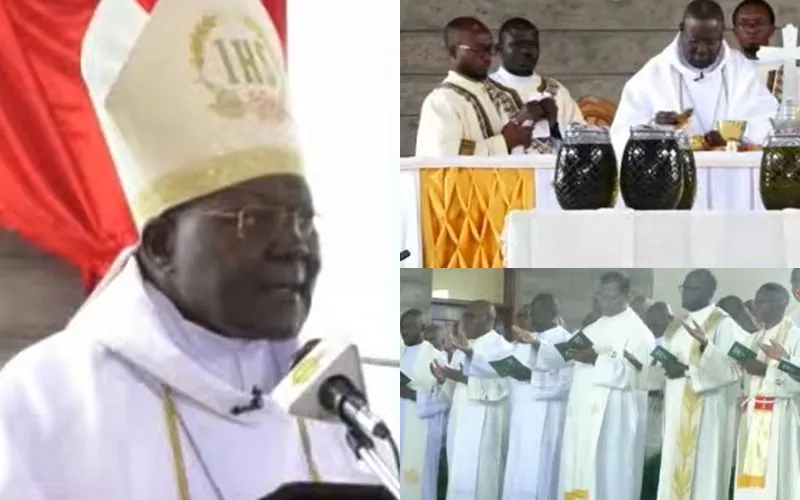The member of the Comboni Missionaries (MCCJ) cautions the country’s politicians against actions that would make the situation worse than it is.
“While there are local issues at stake, this conflict is also being fueled by national dynamics, and in particular I call on politicians, both local and national, to refrain from exacerbating the situation and to work for peace and justice for all communities,” Bishop Macram says
He makes reference to Pope Francis’ 2022 message for the World Day of Peace, saying, “Violence is not the cure for our broken world. Countering violence with violence leads at best to forced migrations and enormous suffering, because vast amounts of resources are diverted to military ends and away from the everyday needs of young people, families experiencing hardship, the elderly, the infirm and the great majority of people in our world.”
Citing the Holy Father’s Encyclical Letter on human fraternity and social friendship, Fratelli Tutti, the Sudanese Bishop says, “Every act of violence committed against a human being is a wound; every violent death diminishes us as people... Violence leads to more violence... We must break this cycle which seems inescapable.”
The 83-year-old Bishop who was at the helm of El Obeid Diocese first as Apostolic Administrator in October 1983, then as Bishop since from May 1988 till his retirement in October 2013, goes on to condemn “recent attacks on Church and humanitarian vehicles and personnel in the area.”
“On the 7th March 2022, a convoy of clearly marked vehicles from a Church humanitarian organization traveling from Abyei to Turalei was stopped twice by armed men, and the occupants, including Priests, were threatened at gunpoint,” Bishop Macram recounts.
The founder of Bishop Gassis Relief & Rescue Foundation says, “The Church and the humanitarian organizations are there to help the people – young people, families experiencing hardship, the elderly, the infirm and others, to borrow the Holy Father's words. They are not involved in the conflict, and I urge all parties to respect them and facilitate their work.”
“Let the Dinka people of Twic County and Abyei, and their national politicians, set an example to the nation and the world by breaking the cycle of violence and agreeing to resolve their differences through nonviolent means, to live together peacefully as sisters and brothers,” Bishop Macram says in his March 14 statement obtained by ACI Africa.
Jude Atemanke is a Cameroonian journalist with a passion for Catholic Church communication. He holds a Bachelor’s Degree in Journalism and Mass Communication from the University of Buea in Cameroon. Currently, Jude serves as a journalist for ACI Africa.








